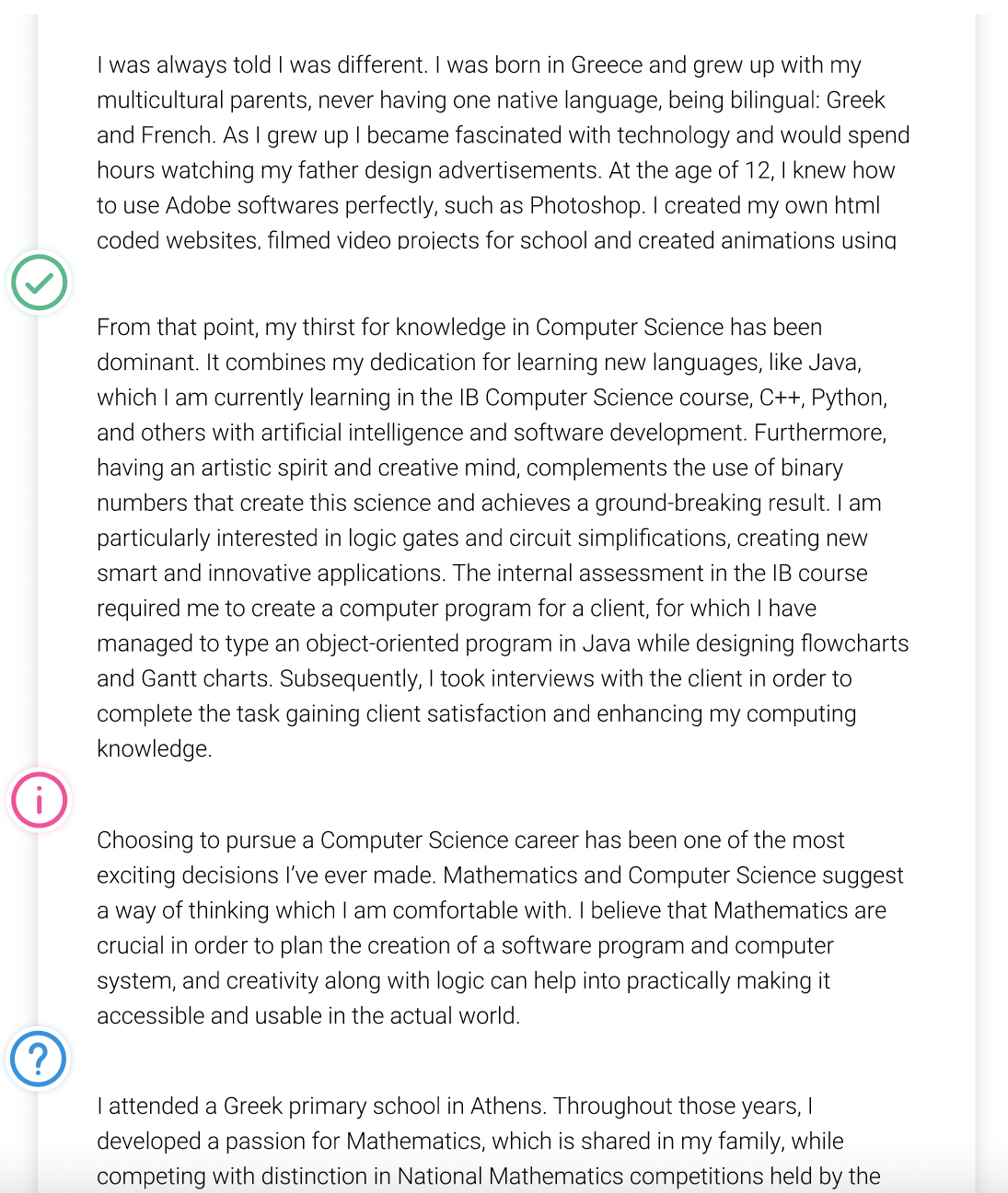Computer Science
Are you a world-changer? Whether it’s finance, health, the creative industries or sport, the study of computer science helps build the technology that fuels big leaps forward.
Label
Why computer science?
The impact you could make
- Help people work, learn and communicate better
- Play a key role in solving global problems, including climate change
- Develop technologies that can drive advances and even take us to space
What you could study
- Algorithms and data structures
- Database systems
- Mathematical principles
- Programming languages and software development
- Web and mobile applications
- Cyber security
- Artificial intelligence
Study options
Options to study in this field include:
Example assignments and projects
Example assignment
Example project
Subjects it's useful to have studied first
Science
Physics
Information technology
Label
Famous people who studied computer science
Famous people who studied computer science
- Mark Zuckerberg - founder of Facebook
- Reed Hastings – CEO of Netflix
- Marissa Mayer – CEO of Yahoo
- Jimmy Fallon – talkshow host
- Karlie Kloss – model
- Liam Neeson - actor
Open Mic: Computer Science
So you want to study computer science?
Year 12 student Katie speaks to Holly Boothroyd, a Software Engineer at Microsoft.
Careers: Where can it take you?
Find out more about your career prospects from studying computer science.
The following information is based on a typical web developer role.
Available jobs
Average salary
Career options
Software development
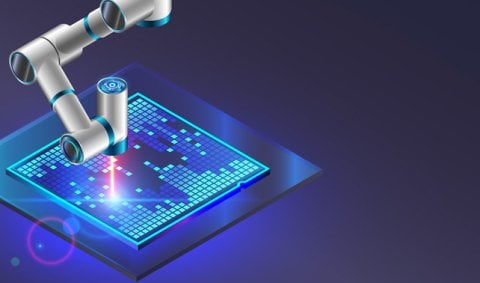
What is... a nanotechnologist?
Nope, we were stumped too. It’s someone who works with incredibly small things to develop new materials, equipment, drugs or tools. It involves designing experiments to work out uses for these tiny elements, from new technology to medical procedures. Studying computer science could be a gateway into nanotechnology. Small steps!
Getting in: Entry requirements
Find out more about what you'll need to study computer science at university or as an apprenticeship.
Average requirements for undergraduate degrees
Entry requirements differ between university and course, but this should give you a guide to what is usually expected from computer science applicants.
Uni entry requirements
A levels
Scottish Highers
Vocational
Specific entry requirements vary considerably, depending on the focus of the course. For example, a very theoretical course may require A level Mathematics, whereas Business IT programmes would probably not ask for any science background beyond GCSE. Few courses specify A level Computing or equivalent.
Considering an apprenticeship?
Applying for an apprenticeship is just like applying for a normal job. Here’s what you need to know:
-
1
Deadline
Apprenticeships don't follow the same deadlines as applying to uni, the deadline is down to the employer. -
2
Where to apply
You apply directly through the employer. -
3
No limits!
You're not restricted to one apprenticeship application; you can do as many as you like. -
4
Apply to university and apprenticeships
There's nothing stopping you applying to university through UCAS, while also applying for apprenticeship vacancies. -
5
Find out more
Read our guide to IT and digital apprenticeships.
Chat to a current computing student
Chat to a current computer science using UniBuddy.
Some conversation starters for you:- Ask which modules they really enjoyed.
- Find out how easy it was for them to make friends on their course.
- Do they have any tips on your personal statement?
- Did they do anything to prep for uni before they went?
- Are there books, podcasts or YouTube channels they would recommend?

Chat to a student now!
Chat to a current computer science student.The student and apprentice view
Get the student view of computer science, be it taking a traditional degree or studying and working on an apprenticeship.ALL ABOUT COMPUTER SCIENCE: WHAT IT'S REALLY LIKE BEING A COMPUTER SCIENCE STUDENT | ADVICE
What's it really like?
YouTuber Cheryl Moyo reveals all about being a computer science student in the UK.Week in the life #photodump
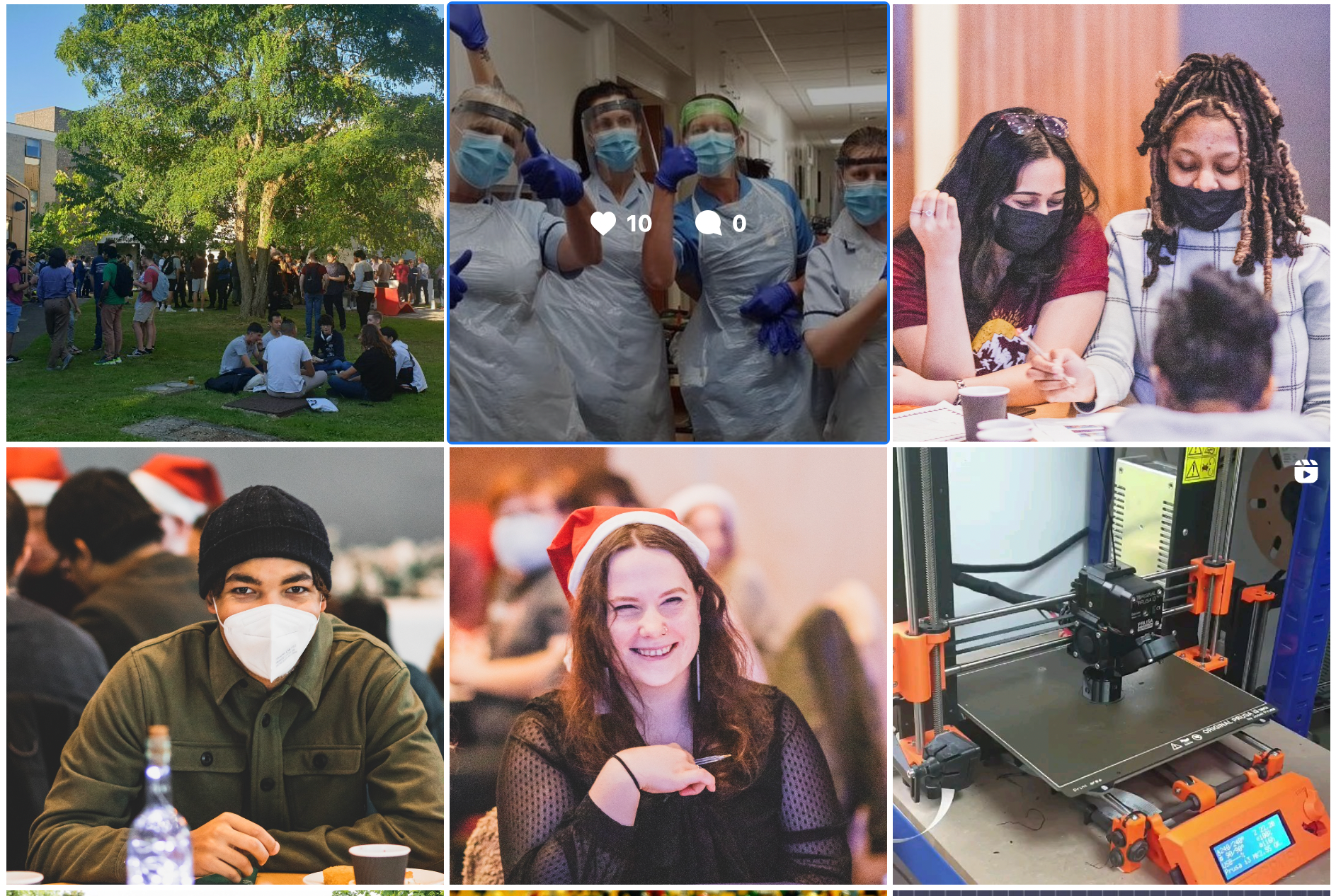
Our favourite memes
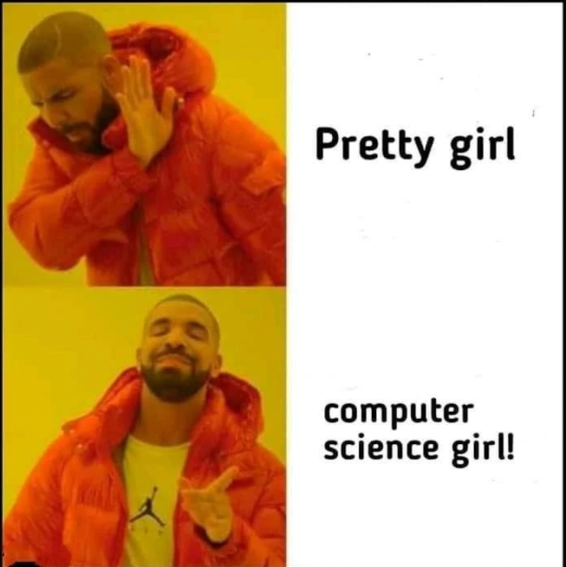
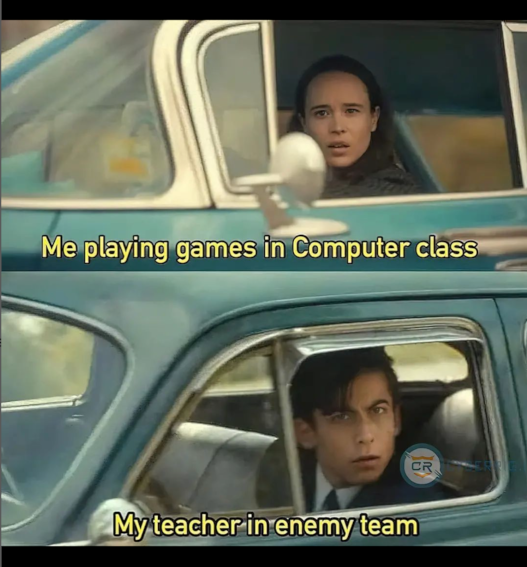
In conversation with...

Let's talk about... IT and digital apprenticeships
IT and digital apprenticeships
Watch our guide to IT and digital apprenticeships, hosted by Katie Thistleton. Hear from apprentices and employers.Courses and apprenticeships
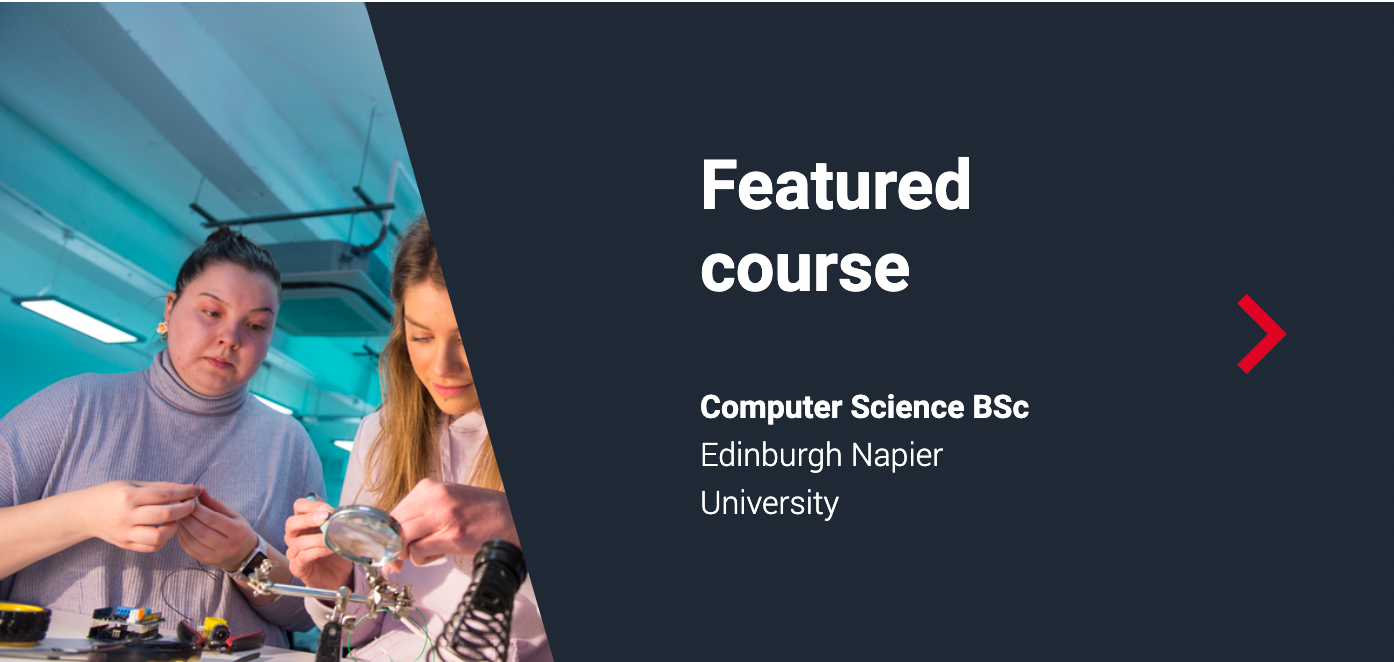


Higher Technical Qualifications
Higher Technical Qualifications
Higher Technical Qualifications (HTQs) are an alternative to apprenticeships or degrees.
They have been specifically designed with employers to ensure learners get the skills that employers have said they need. They are a quicker and cheaper alternative to a degree and can lead to higher wages early in a career.
Application advice
Whether it's personal statement tips or what to write in a cover letter for an apprenticeship application, our application advice will help you get ahead in your computer science journey.
Label
Skills and experience
Skills, experiences and interests to mention
- Are you good at problem solving? Do you enjoy playing games like Minecraft?
- Have you ever coded something? Maybe you’ve used Raspberry Pi or have done CodeClub
- Can you confidently discuss the debate around happens to our personal information online?
- Could you talk about the benefits of AI and how it will change the world of work?
- Teamwork and communication is really important in this field. Have you ever been part of a team? Maybe a hackathon or even a sports team? Have you ever organised an event at school?
Personal statement guidance
Read this example of a successful personal statement for computer science with tips from a university admissions tutor.
